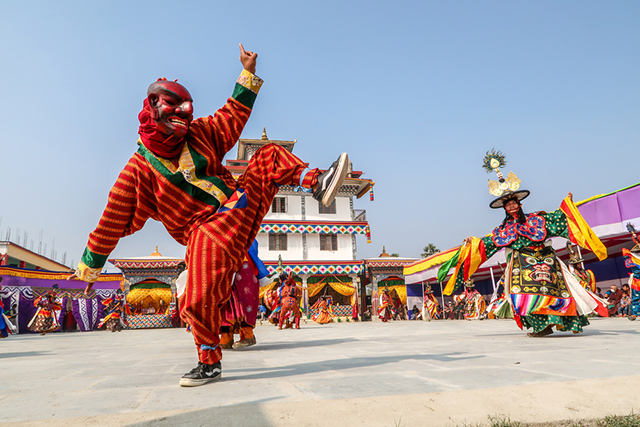Traveling offers a wonderful opportunity to immerse yourself in new cultures, but it’s essential to respect local customs and traditions to ensure a positive experience for both yourself and the communities you visit. Understanding and honoring these practices not only enriches your travel experience but also fosters goodwill and mutual respect. Here are several strategies to help you navigate local customs while exploring new destinations.

1. Do Your Research
Before arriving at your destination, take the time to learn about the local culture, customs, and traditions. Familiarize yourself with the history, language, and social norms of the area. Understanding basic etiquette, such as greeting customs, dining etiquette, and dress codes, can help you navigate social interactions more smoothly. Travel guides, blogs, and cultural websites can provide valuable insights into the customs and practices of the region you plan to visit.
2. Be Mindful of Dress Codes
Many cultures have specific dress codes, especially in religious or traditional settings. When visiting places of worship, such as temples, mosques, or churches, dress modestly and appropriately. This may involve covering your shoulders and knees or wearing head coverings. In some countries, casual beach attire may be considered inappropriate in town or local markets. Observing local dress codes shows respect for cultural values and helps you blend in with the community.
3. Learn Basic Local Phrases
Making an effort to learn a few basic phrases in the local language can go a long way in demonstrating respect for the culture. Simple greetings, expressions of gratitude, and polite phrases can enhance your interactions with locals and show that you value their language and traditions. Even if you make mistakes, your willingness to try will often be appreciated and can lead to warmer interactions.
4. Observe and Adapt to Local Etiquette
Every culture has its own set of social norms and etiquette. Pay attention to how locals behave in social situations, such as greetings, gestures, and dining practices. For example, in some cultures, it is customary to greet individuals with a handshake, while in others, a bow or cheek kiss may be more appropriate. Observe how locals conduct themselves and adapt your behavior accordingly to show respect for their customs.
5. Ask Questions Respectfully
If you’re unsure about a particular custom or practice, don’t hesitate to ask locals respectfully. Most people appreciate genuine curiosity and will be happy to share their culture with you. Approach conversations with an open mind and a willingness to learn, and be careful to avoid sensitive topics that may be controversial or offensive in the local context.
6. Respect Religious Practices
Many cultures have unique religious practices and traditions that are integral to their identity. Be respectful of religious customs, rituals, and ceremonies, whether you are observing them as a visitor or participating as a guest. Follow any guidelines provided for visitors, and remain quiet and respectful during ceremonies. Photography may be prohibited in some places, so always ask before taking pictures.
7. Support Local Communities
When traveling, choose to support local businesses and artisans rather than large, international chains. Buying local crafts, eating at family-owned restaurants, and participating in community-led tours help sustain the local economy and preserve cultural traditions. Engaging with local communities in a respectful manner fosters positive interactions and mutual appreciation.
8. Be Mindful of Cultural Sensitivities
Every culture has its own values and beliefs that may differ from your own. Be sensitive to topics that may be considered taboo or controversial. For instance, discussions about politics, religion, or social issues may be inappropriate in some cultures. It’s best to steer clear of these topics unless you are familiar with the local context and know that it is acceptable to engage in such discussions.
9. Practice Responsible Photography
Photography can be a wonderful way to capture your travels, but it’s important to be respectful when taking pictures of people, places, and ceremonies. Always ask for permission before photographing individuals, especially in rural or traditional settings. Some cultures may view photography as intrusive or disrespectful, so be mindful of local customs regarding photography.
10. Reflect on Your Impact
Finally, take the time to reflect on how your actions as a traveler impact the local culture and environment. Being a responsible traveler involves being conscious of your behavior, consumption, and the legacy you leave behind. Strive to be a positive ambassador for your own culture while embracing the opportunity to learn from others.
In conclusion, respecting local customs and traditions is essential for fostering positive relationships and enriching your travel experience. By doing your research, being mindful of etiquette, and engaging with local communities in a respectful manner, you can create meaningful connections and contribute to a more sustainable form of tourism. Embrace the opportunity to learn and grow through your travels, and remember that every culture has something valuable to offer.

